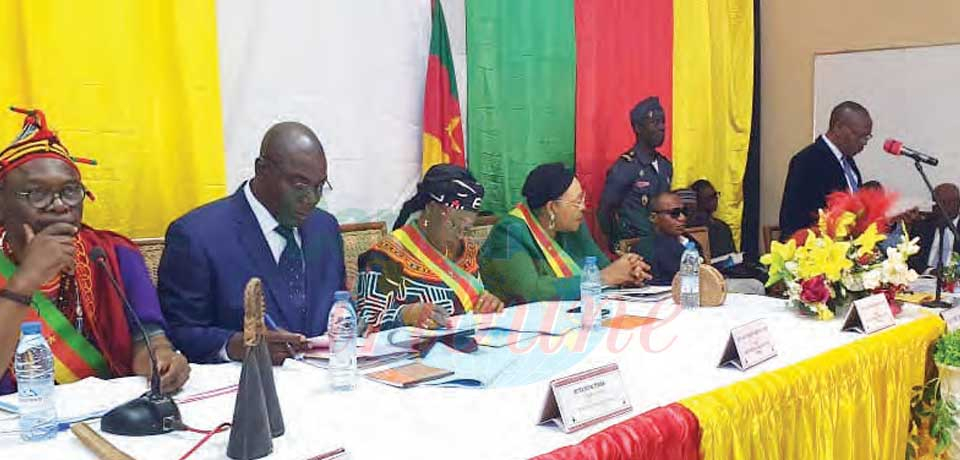Indigenous Mayors : The Debate that Could be Avoided
- Par LUKONG Pius NYUYLIME
- 20 Dec 2019 16:48
- 0 Likes
The introduction of Section 246 (1) of Chapter I pertaining to powers of the city council is certainly a measure to recognise the administrative rights of indigenes.
The dust raised by the use of the word "native" in section 246 (1) stating inter alia that the mayor of the city council shall henceforth be an indigene of the region of attachment of the city council is fast settling down following the adoption of the bill to institute the General Code of Regional and Local Authorities. After all the debate that even went beyond parliament in the social and traditional media, the bill was adopted but with some changes for the purpose of precision. Instead of simply saying "the city mayor shall be a native of the region of attachment of the city council", the section was finally adopted in session to read, "the city mayor who is a municipal councilor of a sub divisional council shall be a native of the region of attachment of the city council. This adjustment was surely made to avoid a situation where the post will be open to just anyone including unelected indigenes. The Minister in charge of Decentralisation while defending the bill tried to erase from the minds of law makers and many other Cameroonians the whole idea of thinking that limiting the position of city mayor to an indigene is tantamount to the promotion of tribalism.
The argument that holds water in support of the decision to empower natives is that which is backed by the respect of the United Nations Charter on Human Rights and Indigenous People. This charter delineates and defines the individual and collective rights of Indigenous peoples, including their ownership rights to cultural and ceremonial expression, identity, language, employment, health, education and other issues. Adopted in December, 2007, the Charter emphasizes the rights of Indigenous peoples to "maintain and strengthen their own institutions, cultures and traditions, and to pursue their development in keeping with their own needs and aspirations". It "prohibits discrimination against indigenous peoples" and "promotes their...
Cet article complet est réservé aux abonnés
Déjà abonné ? Identifiez-vous >
Accédez en illimité à Cameroon Tribune Digital à partir de 26250 FCFA
Je M'abonne1 minute suffit pour vous abonner à Cameroon Tribune Digital !
- Votre numéro spécial cameroon-tribune en version numérique
- Des encarts
- Des appels d'offres exclusives
- D'avant-première (accès 24h avant la publication)
- Des éditions consultables sur tous supports (smartphone, tablettes, PC)














Commentaires